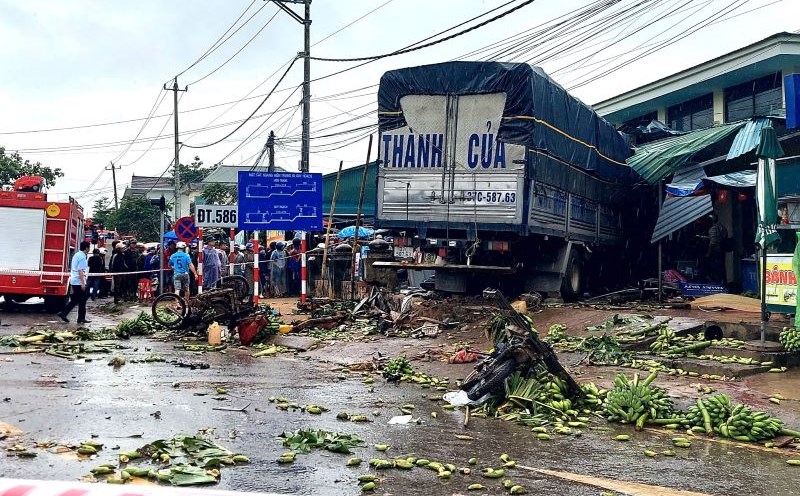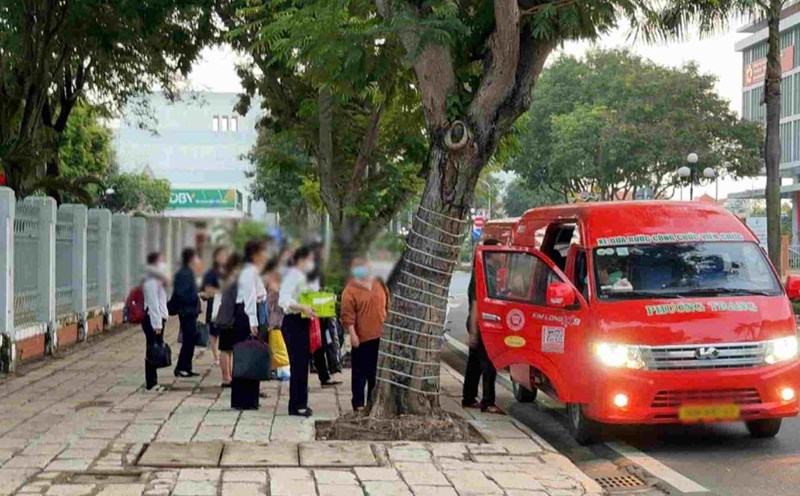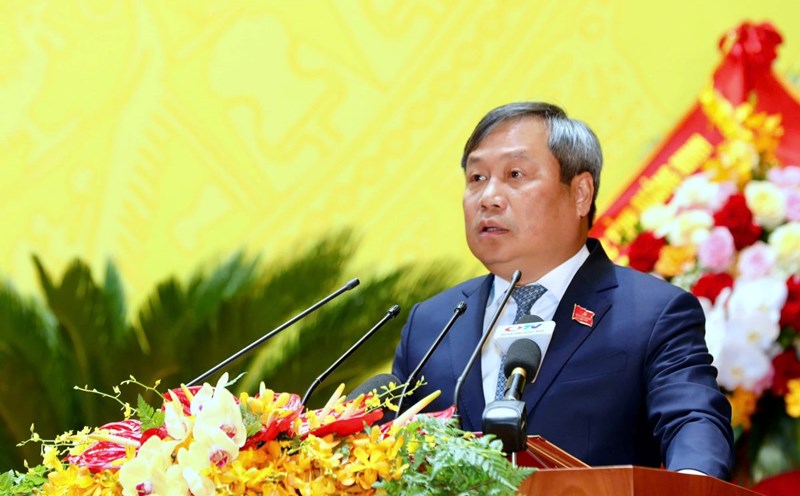The current situation still has many limitations
Dr. Nguyen Si Dung - former Deputy Head of the National Assembly Office - said that over the past 30 years, the Party and State have issued many policies to promote the automobile industry. However, the localization rate is still low, not reaching expectations.
He emphasized that the automobile industry not only serves travel needs but also plays an important role in the economy, from job creation, promoting the production ecosystem to supporting agricultural and defense development. However, the scale of the domestic market is still small. For example, Thailand consumes about 1 million vehicles/year, while Vietnam has only reached 400,000-500,000 vehicles.
According to Mr. Dung, foreign automakers already have a global production and supply ecosystem. Therefore, for Vietnamese enterprises to participate in the chain, meet international standards and compete on prices is a big challenge. Domestic business capacity is still limited in technology, finance and research and development. Although the policy has committed to the localization rate, the implementation is not effective in practice.
Prof. Dr. Hoang Van Cuong - National Assembly Delegate, Vice Chairman of the State Council of Professors - said that it is impossible to only blame the policy, but it is necessary to admit that domestic industrial capacity has not reached the level of mastery. "The metal processing industry is not capable of producing steel for car frames, let alone the entire vehicle. With this situation, the policy must focus on nurturing strong private corporations with real position and capacity" - he said.
Solutions from green criteria
In the context of a shifting market, experts say that Vietnam should take advantage of the opportunity from the green transportation trend to reshape the localization strategy. This is the wheel of opportunity that helps us close and get ahead.
Prof. Dr. Hoang Van Cuong analyzed: We are discussing a lot about the traditional automobile industry with internal combustion engines, but the world has switched to green technology, electronic vehicles. This is a new field, the whole world is starting, so Vietnam has every chance to establish a position".
According to him, preferential policies need to focus on setting green standards and regulations at the international level. Any enterprise that meets that standard will enjoy a special mechanism. This helps domestic enterprises to rise up and prepare for export, not just for production to serve the domestic market.
Dr. Nguyen Si Dung said that traditional standards have been established for hundreds of years, making it difficult for Vietnam to compete. But the new standard of green and smart is that the world is also in the transition period, Vietnam can completely catch up and rise up.
Dr. Nguyen Van Hoi - Director of the Institute for Strategy and Policy Research on Industry and Trade (Ministry of Industry and Trade) - added: "The current integration context is different from before, Vietnam has enough position and strength to develop the automobile industry. We need the Law on Key Industrial Development, in which the automobile and supporting industries are pillars. The policy must be towards green technology, advanced technology, thereby improving international competitiveness".
Dr. Ngo Nhat Thai, an expert with more than 30 years in the automobile manufacturing industry, predicts that the market capacity in Vietnam can reach 1 million vehicles/year within the next 10 years. At that time, the conditions for localization will be more favorable. However, he emphasized: If we only focus on internal combustion engines, that technology will be eliminated in 10 years. Right now, we must invest in new technology, green technology to have a competitive advantage".
One of the important solutions emphasized is the formation of strong enough state-owned enterprises, in line with the spirit of Resolution 68 of the Politburo on private economic development. Along with that, the State needs an ordering mechanism, ensuring output to create a large market size.
Prof. Dr. Hoang Van Cuong said that preferential policies should not be afraid of focusing on a few key businesses. The most important thing is that these enterprises must meet international standards. The State can give markets, assign tasks, and even form private corporations that are competitive domestically and internationally.
Many experts agree that, to enhance localization, Vietnam needs a strong policy boost. Not only stopping at the orientation level, but there must be a clear and transparent legal framework, associated with green criteria and smart criteria.
The policy needs to set dual goals: both promoting localization and ensuring Vietnam goes hand in hand with the global trend of sustainable development. That is to build a synchronous national standard system, creating motivation for domestic enterprises, while promoting cooperation and technology transfer from international enterprises.
Prof. Dr. Hoang Van Cuong affirmed that there is no other path than science and technology. Vietnam must start transferring, even paying for new technology, especially in the field of green transportation. This is the foundation for us to create products that not only meet the domestic market, but also reach out to the world.











